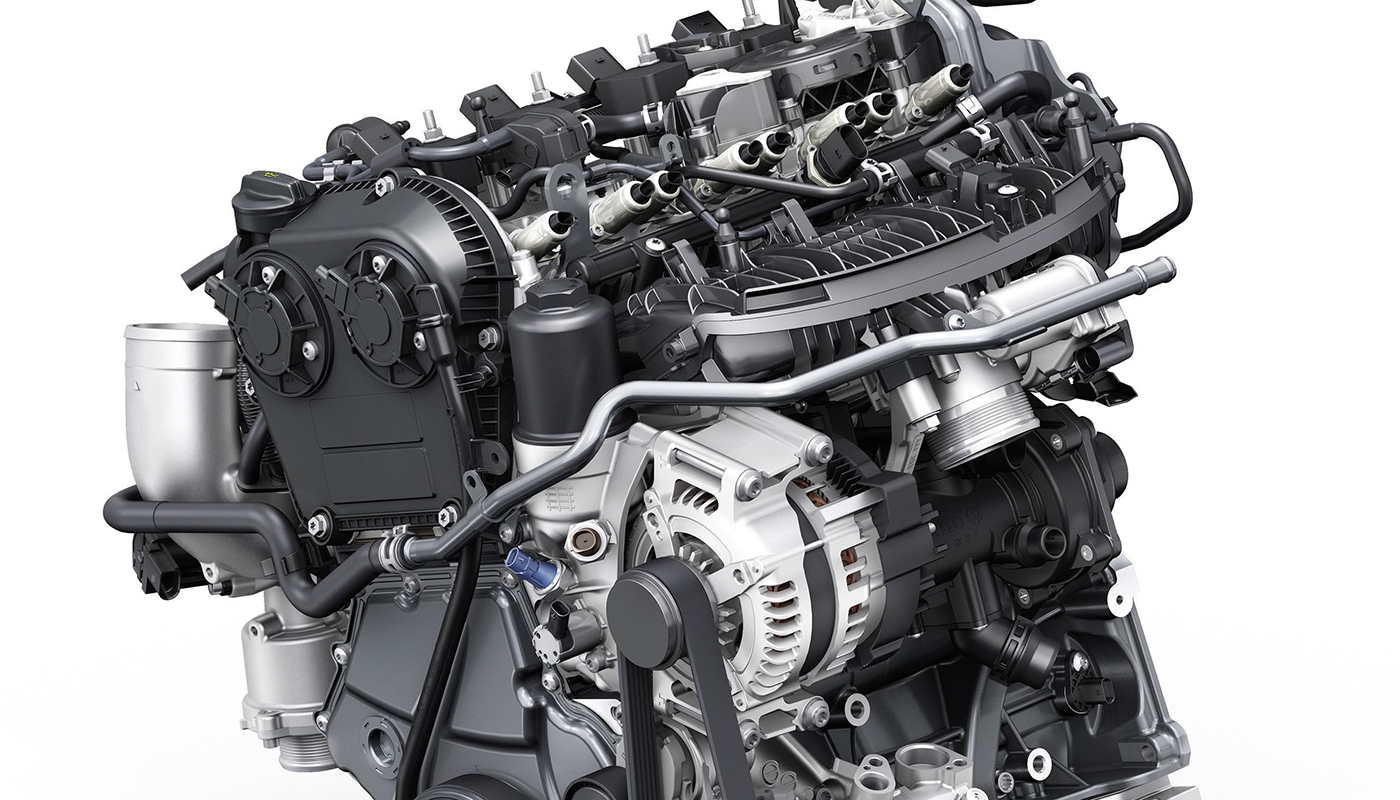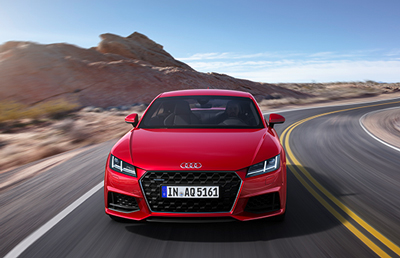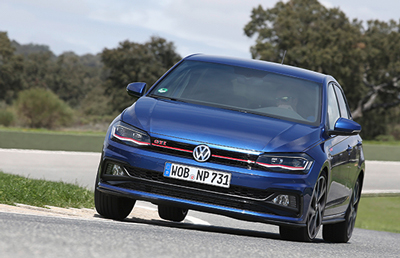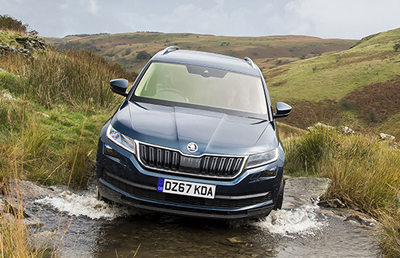
Covid-19 impact
Due to the Covid-19 virus, we are reviewing when we hold the Awards next year.
Check this website for updates.
150PS to 250PS
Results
| ENGINE | POINTS |
|---|---|
| WINNER! - Audi 2-litre four-cylinder TFSI (Audi TT, TT S, S1, S3, A3, A4, A5, A6, Q2, Q3, Q5; SEAT León Cupra, Alhambra, Ateca, Cupra Ateca; Škoda Superb, Kodiaq; Volkswagen Golf GTi, Polo GTi, T-Roc, Atlas, Passat, Arteon, CC, Beetle, Tiguan, Sharan) |
161 |
| BMW 2-litre twin-turbo four-cylinder (BMW 1 Series, 2 Series, 2 Active Tourer, 3 Series, 4 Series, 5 Series, 6 Series, 7 Series, X1, X2, X3, X4, Z4, Mini Cooper S, Countryman Cooper S, Countryman Cooper JCW, Clubman Cooper S, Clubman Cooper JCW) |
149 |
| Ford 1.5-litre three-cylinder turbo (Ford Fiesta ST) |
111 |
| BMW full-electric powertrain (BMW i3, i3S) |
78 |
| Hyundai-Kia full-electric powertrain (Hyundai Kona, Kia Soul EV) |
67 |
| PSA Peugeot Citroen 1.2-litre three-cylinder turbo (Peugeot 208, 308, 2008, 3008, 5008, Citroen C3, C4, C4 Cactus, C-Elysee, C4 Picasso, C4 Grand Picasso, DS3, DS4, Opel Crossland X, Grandland X) |
52 |
Winner's Video
Winner's Interview
Cars
❝ Simply put: the engine that does it all. Hugely versatile, be that in power output, fuel economy, emissions, applications and brands ❞
Angus MacKenzie, Motor Trend
Review
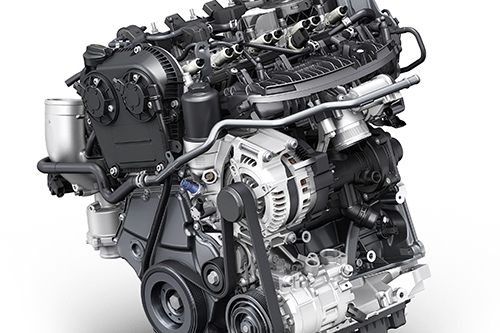
Technical Specification
Audi TT Coupé 40 TFSI S tronic
- engine capacity: 1,984cc
- number of cylinders: 4
- power output: 200PS
- bore x stroke : 82.5 x 92.8mm
- compression ratio: 11.7
Always the bridesmaid, never the bride. That was very much the case
at these awards for Audi’s 2-litre four-cylinder TFSI petrol engine, which for five long years lost out on the now-defunct 1.8-litre to 2.0-litre title to similarly displaced turbo offerings from German rivals Mercedes-AMG and Porsche.
However, thanks to a newly developed combustion process and comprehensive package of high-tech solutions designed to ensure sporty driving performance and high levels of efficiency, the Ingolstadt-built unit has finally claimed its first victory.
Technical finesses to the 200PS variant include the exhaust manifold integrated in the cylinder head, the Audi valvelift system for the intake valves, the rotary slide module for thermal management, and the electrical wastegate of the turbo
and dual injection – in the partial load range, indirect intake manifold injection enhances direct injection. Furthermore, in partial-load operation, the four-cylinder realises the fuel economy benefits of a smaller-volume engine, while offering the benefits of an engine with large displacement at higher loads.
For example, in Audi’s latest A1 Sportback, the 2-litre engine offers combined fuel consumption of 6 litres/100km (39.2mpg), combined CO2 emissions of 136g/km and produces 320Nm of torque from 1,500-4,400rpm. And with the OEM’s six-speed S tronic transmission, the supermini sprints from 0-100km/h (0-62mph) in just 6.5 seconds before reaching a maximum speed of 235km/h (146mph).
Such is the incredible flexibility
and modularity of the 2-litre TFSI unit that it successfully powers no fewer than 27 applications from four brands within the Volkswagen Group. Whether it’s inside Audi’s iconic two-seater TT sports car, the SEAT León Cupra, Škoda Superb, or even Volkswagen’s giant seven-seat Atlas SUV, this versatile four-cylinder engine is perhaps the greatest example of rightsizing in the modern era.
at these awards for Audi’s 2-litre four-cylinder TFSI petrol engine, which for five long years lost out on the now-defunct 1.8-litre to 2.0-litre title to similarly displaced turbo offerings from German rivals Mercedes-AMG and Porsche.
However, thanks to a newly developed combustion process and comprehensive package of high-tech solutions designed to ensure sporty driving performance and high levels of efficiency, the Ingolstadt-built unit has finally claimed its first victory.
Technical finesses to the 200PS variant include the exhaust manifold integrated in the cylinder head, the Audi valvelift system for the intake valves, the rotary slide module for thermal management, and the electrical wastegate of the turbo
and dual injection – in the partial load range, indirect intake manifold injection enhances direct injection. Furthermore, in partial-load operation, the four-cylinder realises the fuel economy benefits of a smaller-volume engine, while offering the benefits of an engine with large displacement at higher loads.
For example, in Audi’s latest A1 Sportback, the 2-litre engine offers combined fuel consumption of 6 litres/100km (39.2mpg), combined CO2 emissions of 136g/km and produces 320Nm of torque from 1,500-4,400rpm. And with the OEM’s six-speed S tronic transmission, the supermini sprints from 0-100km/h (0-62mph) in just 6.5 seconds before reaching a maximum speed of 235km/h (146mph).
Such is the incredible flexibility
and modularity of the 2-litre TFSI unit that it successfully powers no fewer than 27 applications from four brands within the Volkswagen Group. Whether it’s inside Audi’s iconic two-seater TT sports car, the SEAT León Cupra, Škoda Superb, or even Volkswagen’s giant seven-seat Atlas SUV, this versatile four-cylinder engine is perhaps the greatest example of rightsizing in the modern era.
